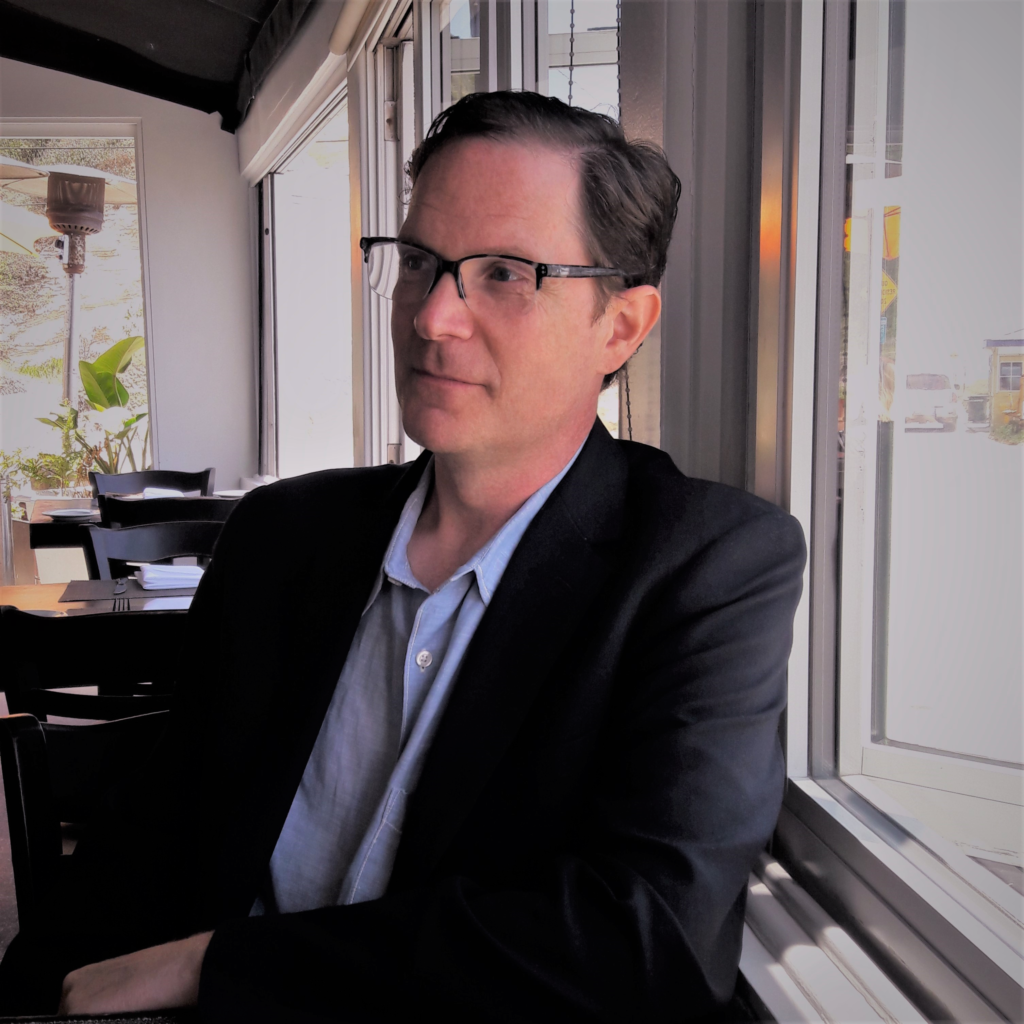
Based in Sacramento, CA
Website: www.derekkeller.com
“California’s historical, cultural, and environmental diversity has inspired me to blend my musical influences in rock, jazz, and historical forms to coalesce in an avant-garde oeuvre that aims to address socio-political flashpoints of our moment.”
Biography
Derek Keller is an award-winning composer and performer. His music explores the myriad of possibilities found in the coexistence, inter-mingling and hybridity between contemporary concert music, jazz and rock. Keller has received commissions from John Zorn (Tzadik), the Empyrean Ensemble (UC Davis), Fondation Royaumont, Redfish-BlueFish, NOISE, Colin McAllister (gutiar), JitaZax, City Water, the Cantoria Choir (Truman State University), Cappella Gloriana, the Master Chorale, Mark Menzies (violin), and Morris Palter (percussion). His music has been performed in the Americas, Europe, and Australia, and at notable festivals such as The World Saxophone Congress, June in Buffalo, SoundOn (La Jolla, CA), and the Festival of New American Music (CSUS).
In addition to being a composer, Keller is an accomplished guitarist. He has won and placed in numerous state, regional and national competitions and performed in notable master classes, such as those with Christopher Parkening. With his own ensemble, he has performed at music festivals, including the Festival of New American Music (2013, 12, 07), In The Flow (2006, 08, 11), and the 2007 SRING festival of New Music at the University of California, San Diego.
Of late Keller has been making regular use of his vocal talents. While completing his Ph.D. in Music Composition at UCSD, Keller studied voice with Carol Plantamura. While in San Diego, he was a member of Cappella Gloriana, with which he performed in Europe, and for which Keller composed extensively. Currently Keller is a member of Resurrexit and is the Tenor Choral Scholar at Trinity Episcopal Cathedral (Sacramento, CA). Some of Keller‘s recent performances include singing his own arrangements of Schubert, Dowland, and Gesualdo for voice and guitar with the McAllister Keller Duo, selections from Récitations by George Aperghis, and as a guest artist with the Sacramento Baroque Soloists in Bach’s ‘Coffee Cantata’ (BWV 211) and solo cantata, Widerstehe doch der Sünde (BWV 211 &54) for countertenor.
Keller’s music and performances are available on the Tzadik and Centaur labels. He holds a Ph.D. in music composition from the University of California, San Diego (2004).
Work Samples
“Shasta” from NorCal Water Music (in development) for flute, clarinet, piano, percussion, violin, cello, and socio-multimedia. From the Modular Music Project.
“NorCal Water Music is a developing work commissioned by Citywater, Sacramento’s premier new music ensemble. In this piece I use animated maps of the Sacramento River Watershed as guides for musical contours and behaviors. The animations are part of a collection of audio visual media that I transmit (or project on screen) to the performer(s) and the audience via computer/mobile messaging apps. This piece is part of my Modular Music Project, in which I integrate performers and real-time interactivity between computers, mobile devices and instant messaging apps to create music along the deterministic–improvisational–
California Dreamin’ (2008) for cello, piano, percussion, and audio. From The California Tableaux Project (CTP).
“This piece marks the fourth piece in a series of works that I am composing to explore the musical materials and themes for a forthcoming opera based on a late-nineteenth-century short story, “The Haunted Valley,” by journalist and author Ambrose Bierce. Through sound, spoken word, and dance, California Dreamin,’ for piano, percussion, and cello is a critical interrogation of the rampant racist sentiments during the mid-to-late 19th Century in California. The music of this piece mainly explores the material supporting and musically representing one of the characters in Bierce’s short story, Whisky Jo Dunfer, performed by the percussionist. The project and this piece aim to counteracting continuing historical amnesia that actively “forgets” that California was once Mexican land occupied, farmed, mined, and worked by Mestizo, Native, Chinese, Chilean, Peruvian, French, German, and African American peoples. This piece was originally composed for the Empyrean Ensemble, at the University of California, Davis. The audio tapes for the performance of this piece consist of sound from ethographic field recordings provided by permisson from the Phoebe Apperson Hearst Museum and the California Valley Miwok Tribe. Texts are reprinted by permission.”
